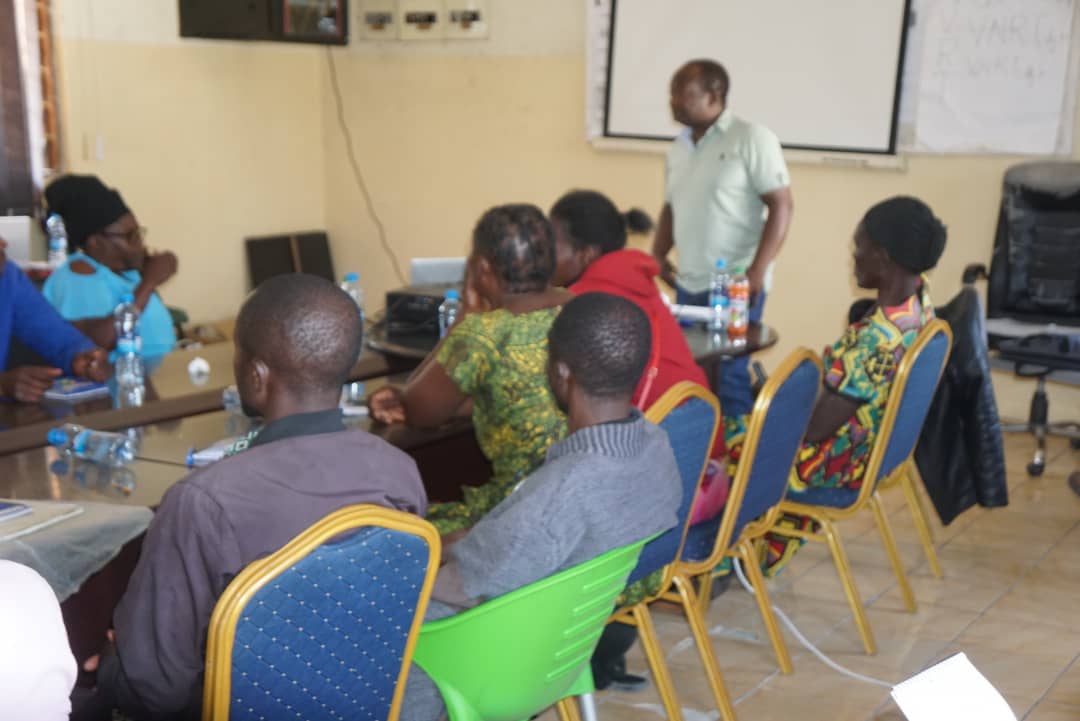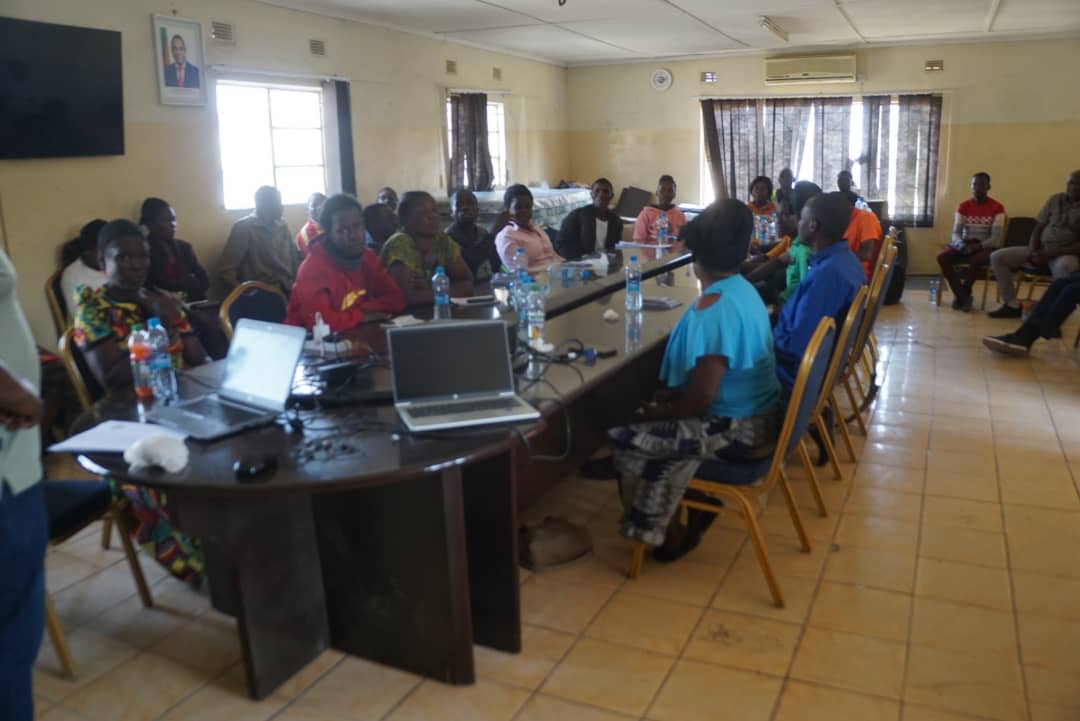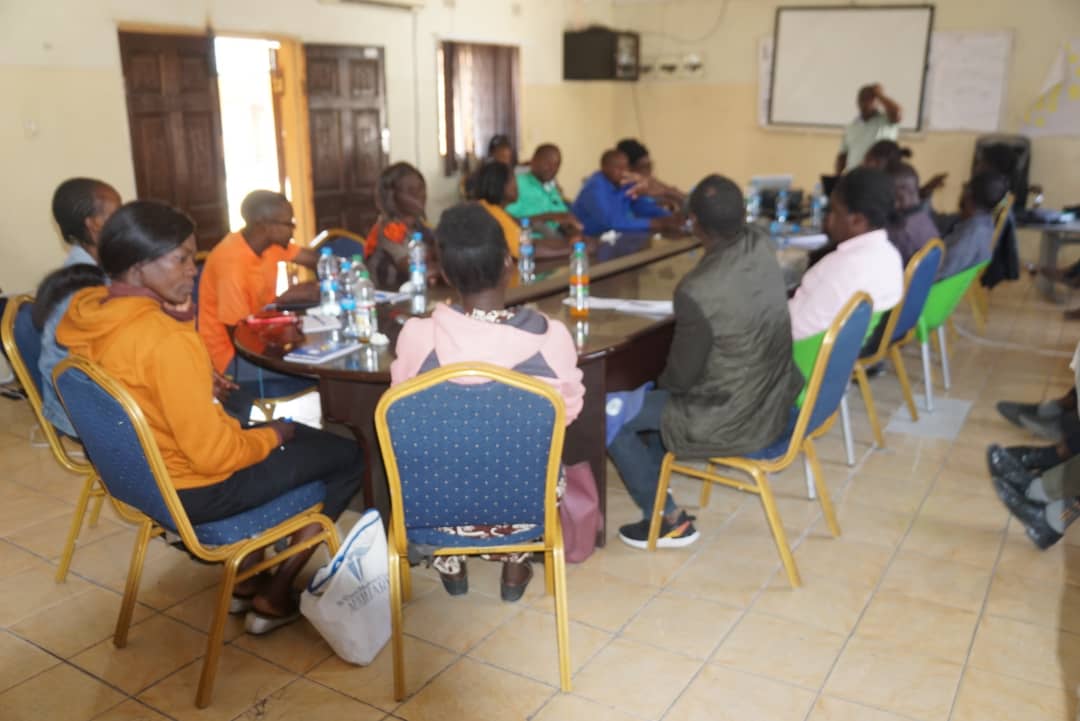NZP+ trains community based volunteers in pandemic preparedness and disease surveillance
Notice: Undefined index: catFilterList in /home/zambi/public_html/wp-content/plugins/wp-likes/api.php on line 243

Photo shows some of community health volunteers that are taking part in the pandemic preparedness and disease surveillance training program by NZP+
The training aimed to equip community based volunteers with knowledge and skills to effectively respond to disease outbreaks in their respective communities and how report such cases to health facilities. The workshop covered topics such as pandemic preparedness, disease outbreak response, infection control measures, and data collection for disease surveillance.
Mr. Dennis Chibuye, programs manager for NZP+, said NZP+ targets to train a total of 217 community based volunteers from seven districts in central and copperbelt provinces namely, Chilabombwe, Mufulira, Masaiti, Mumbwa, Kapiri Mposhi, Mpongwe and Serenje.
The volunteers were selected based on their active involvement in community based health initiatives.
Mr. Chibuye emphasized the importance of community based volunteers in pandemic preparedness and prevention. He stated that the volunteers play a crucial role in providing early warning signals for disease outbreaks in communities and that they serve as a link between health facilities and communities.
“Community based volunteers are the frontline responders in our communities. They are often the first to notice unusual symptoms or patterns of illness, and their timely intervention can help prevent the spread of diseases,” he stated.
 Photo shows some of community health volunteers that are taking part in the pandemic preparedness and disease surveillance training program by NZP+
Photo shows some of community health volunteers that are taking part in the pandemic preparedness and disease surveillance training program by NZP+
He further revealed that the program is supported by the Global Fund through CHAZ and that surveillance officers at district level have been engaged to facilitate the training workshops.
“The idea is to strengthen community response with regards to curbing epidemics and to prepare communities to address future pandemics,” Mr. Chibuye said.
Upon completion of the training program, the community based health volunteers will be expected to actively participate in disease surveillance activities in their communities, report any suspected cases of infectious diseases to health facilities and mobilize community members to adhere to preventive measures prescribed by the Ministry of Health, he added.

Photo shows some of community health volunteers that are taking part in the pandemic preparedness and disease surveillance training program by NZP+



















